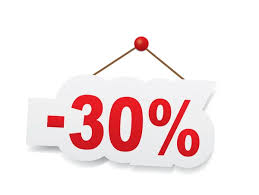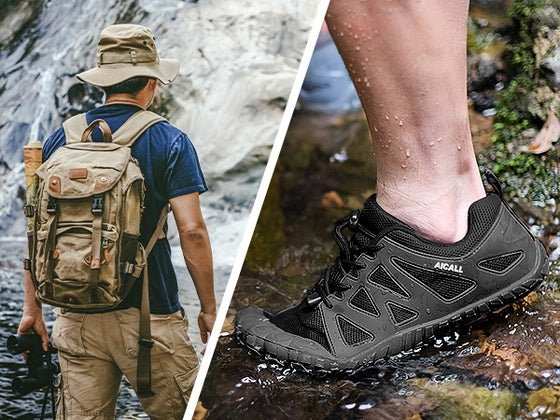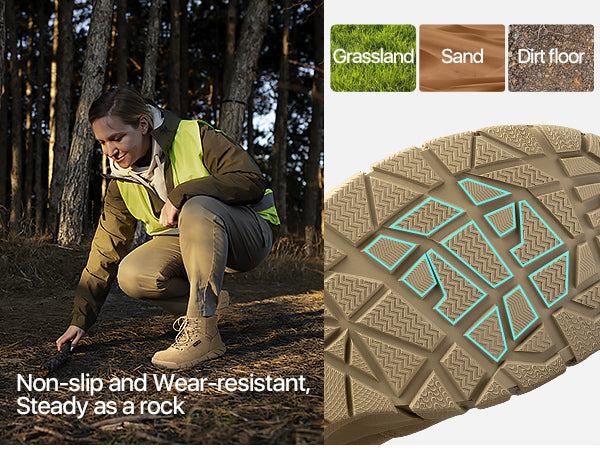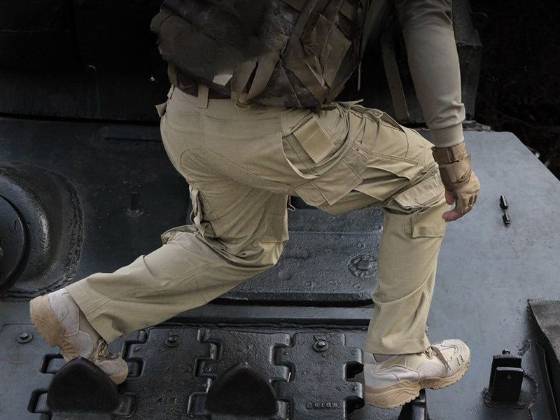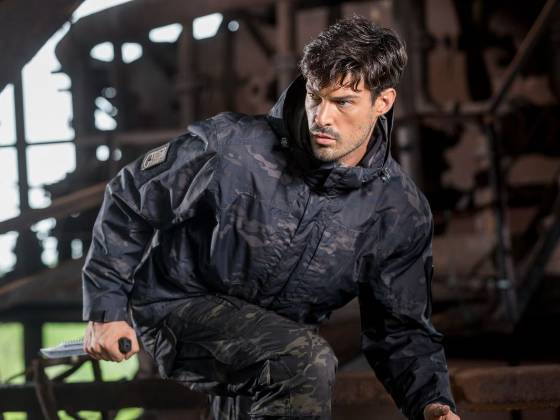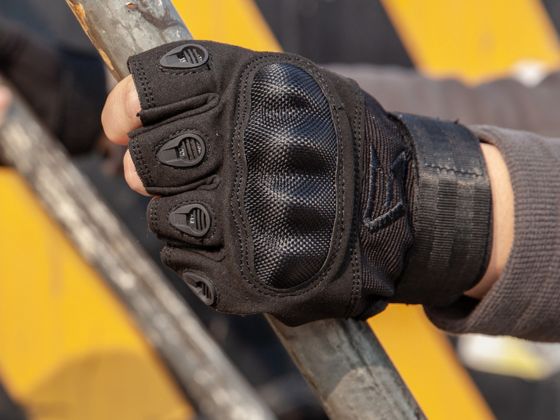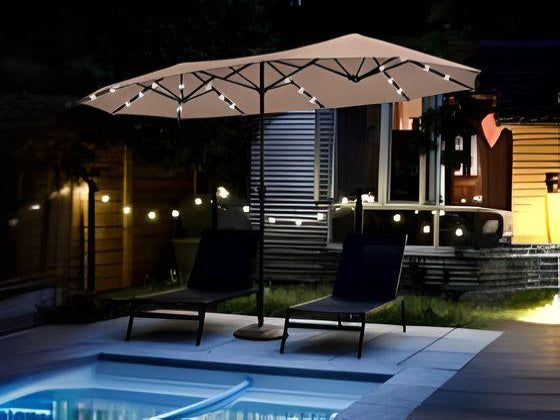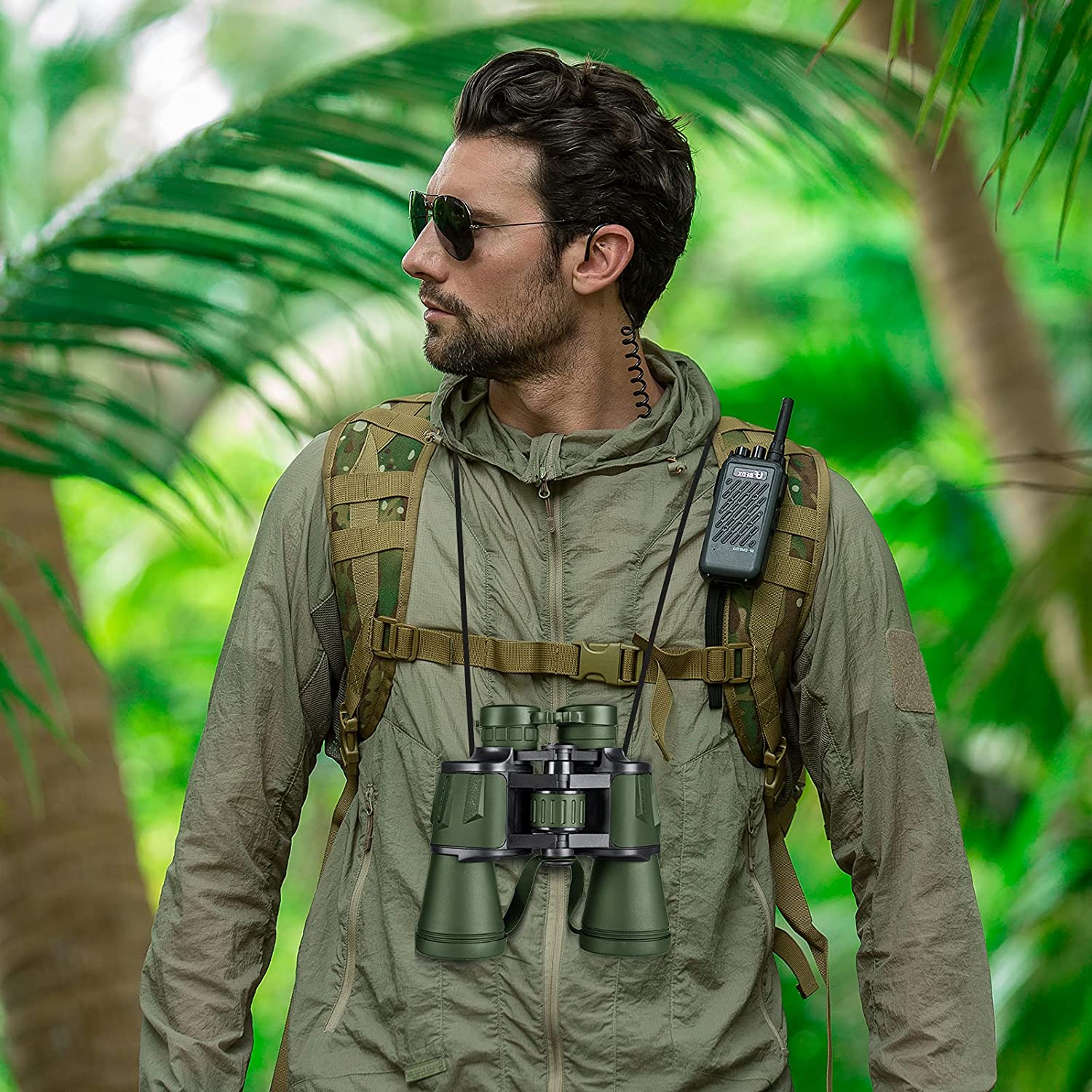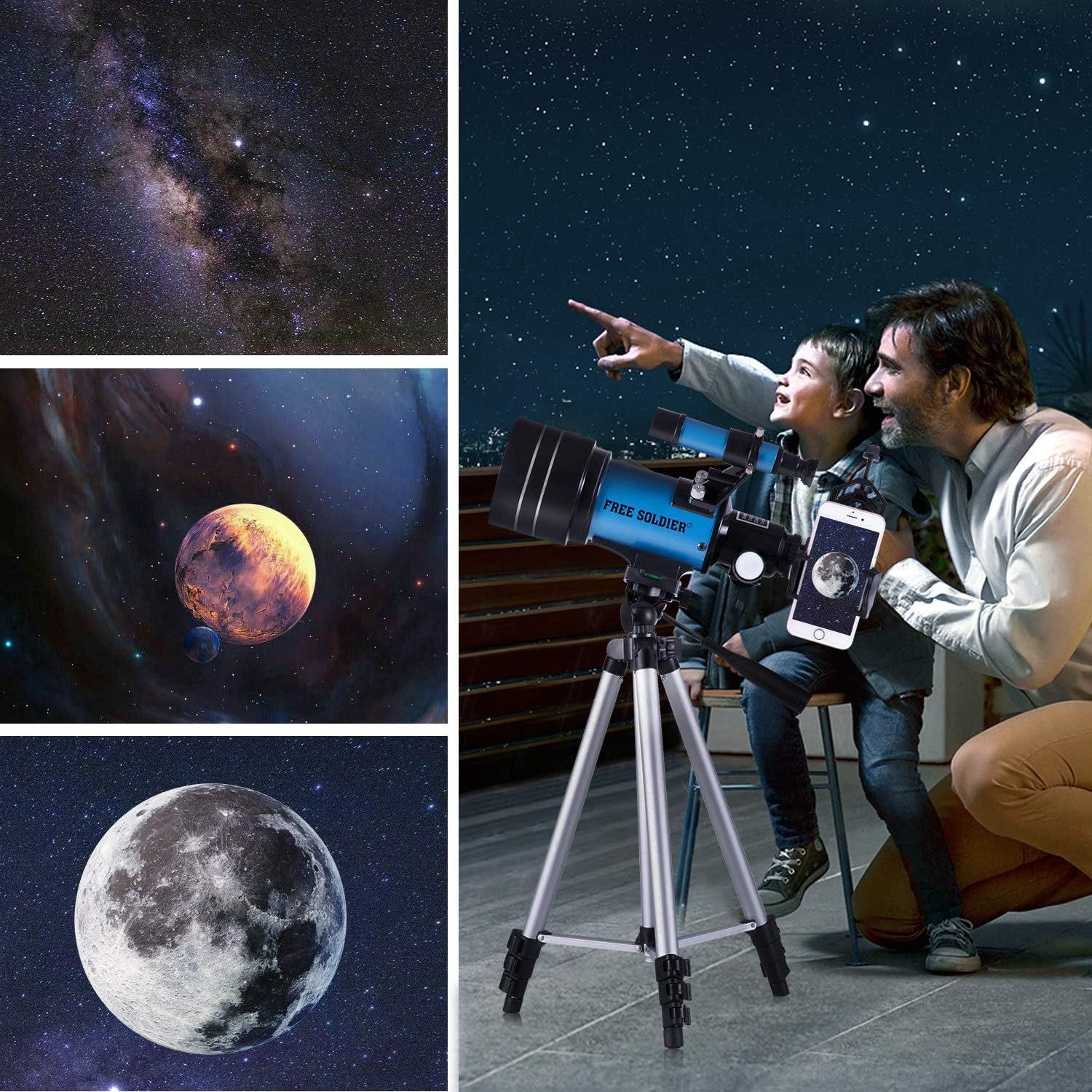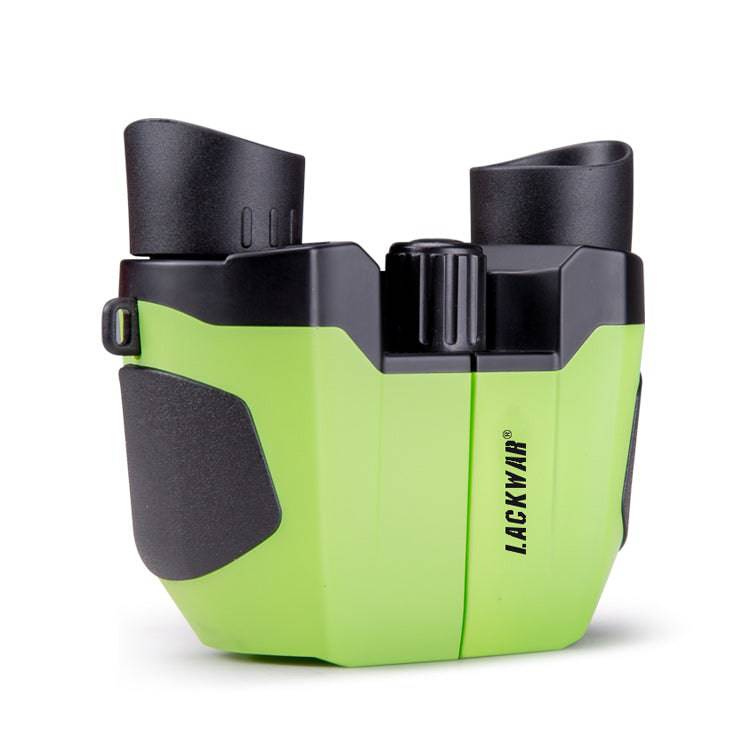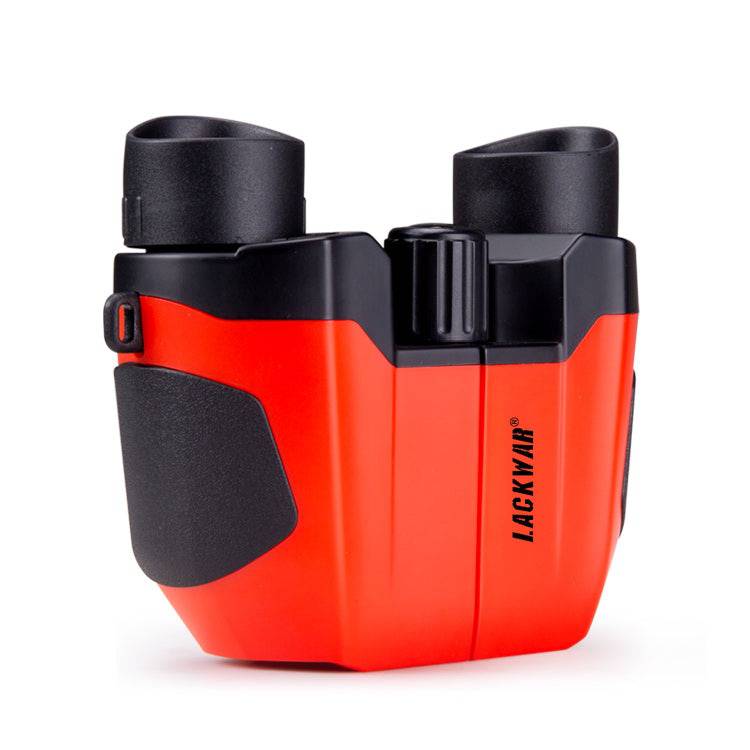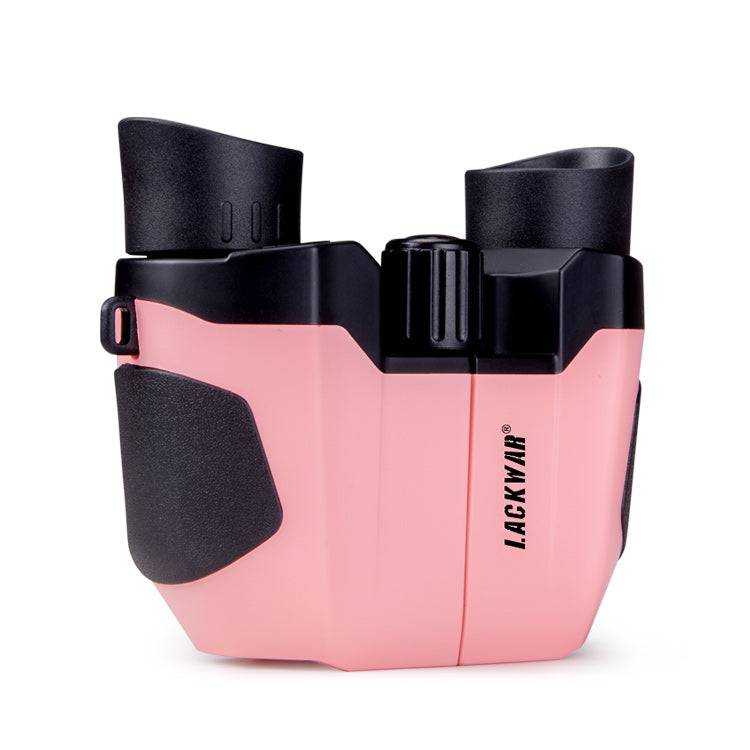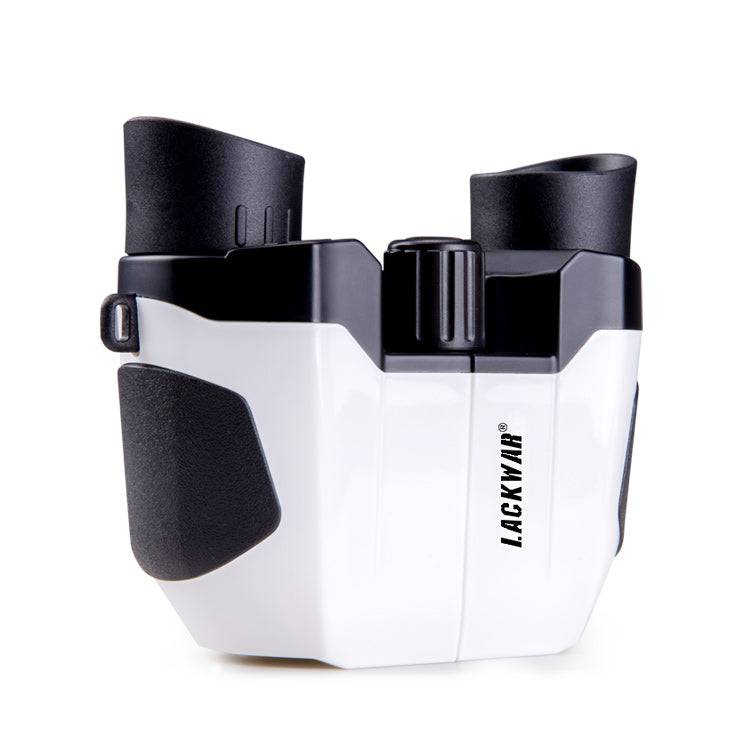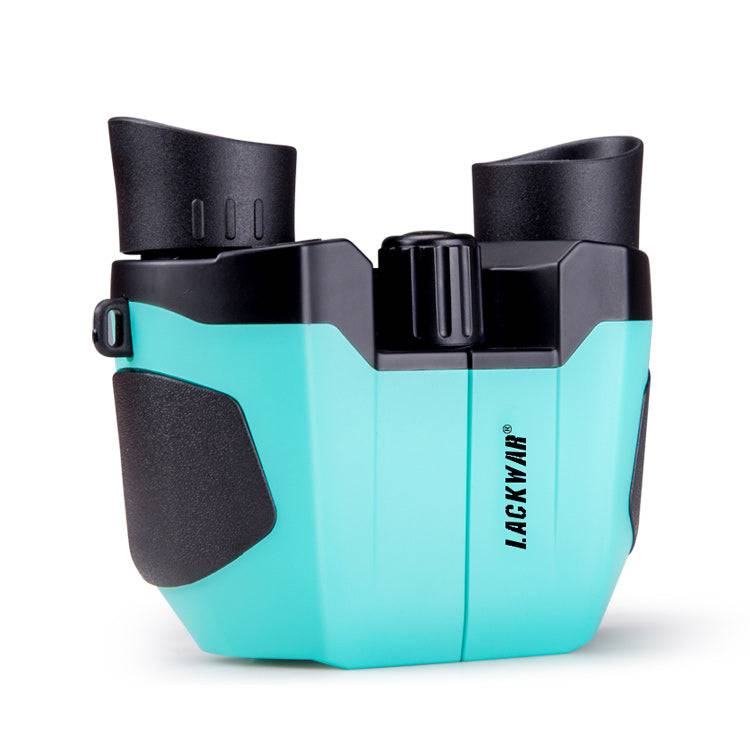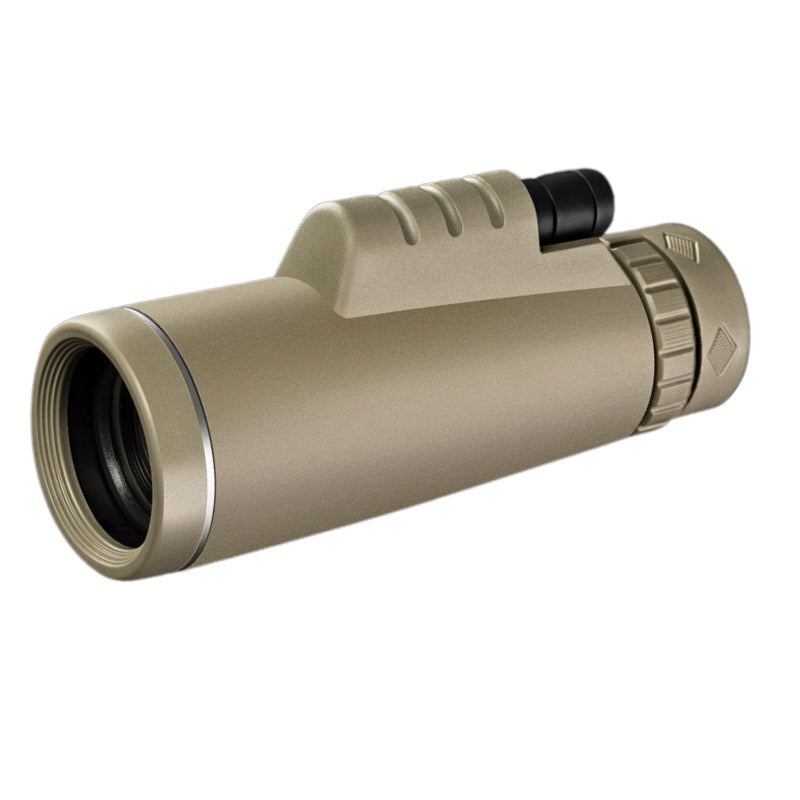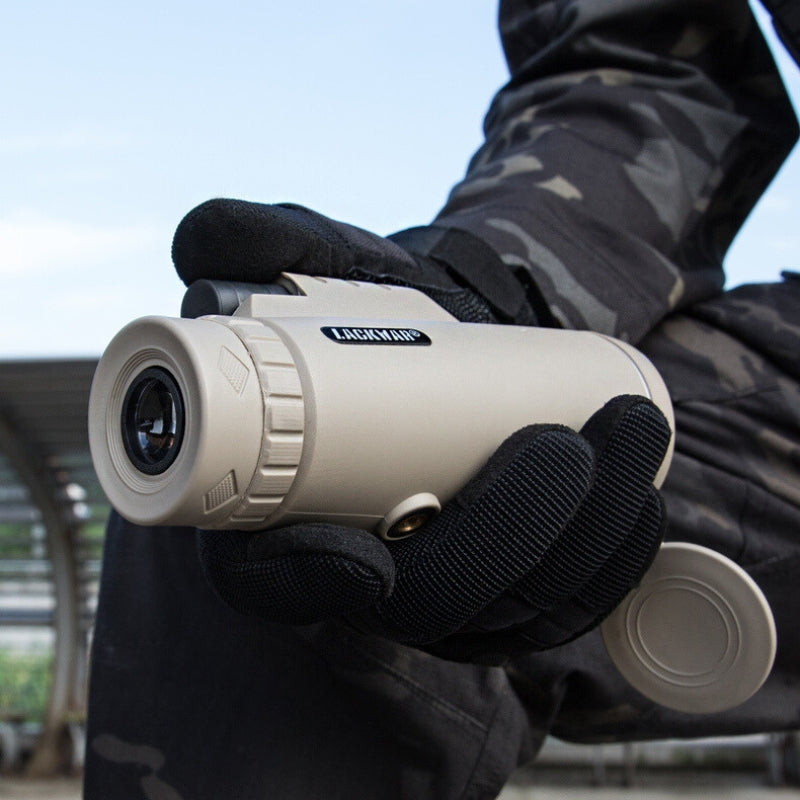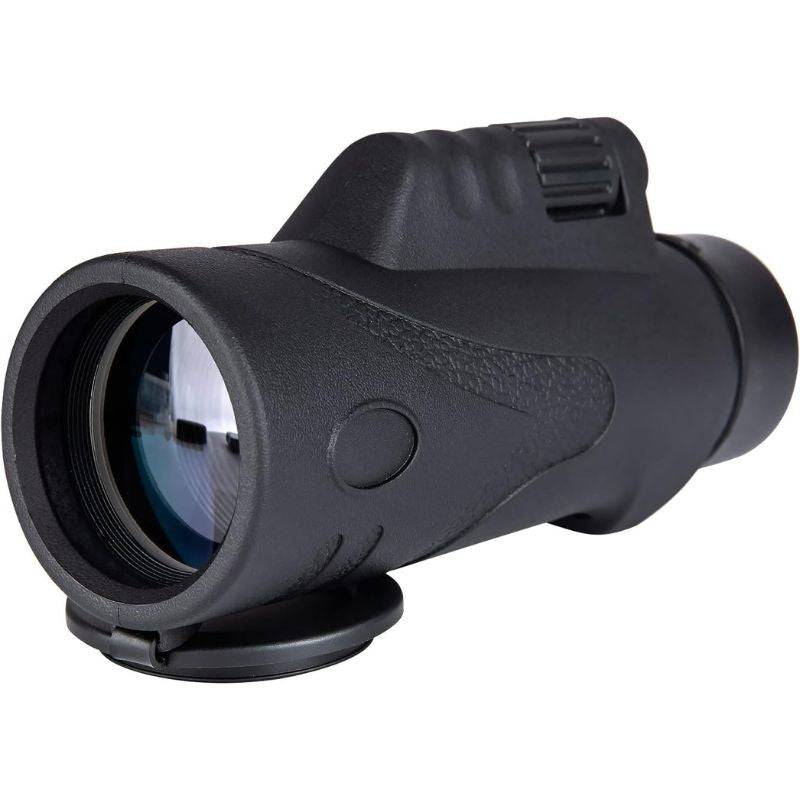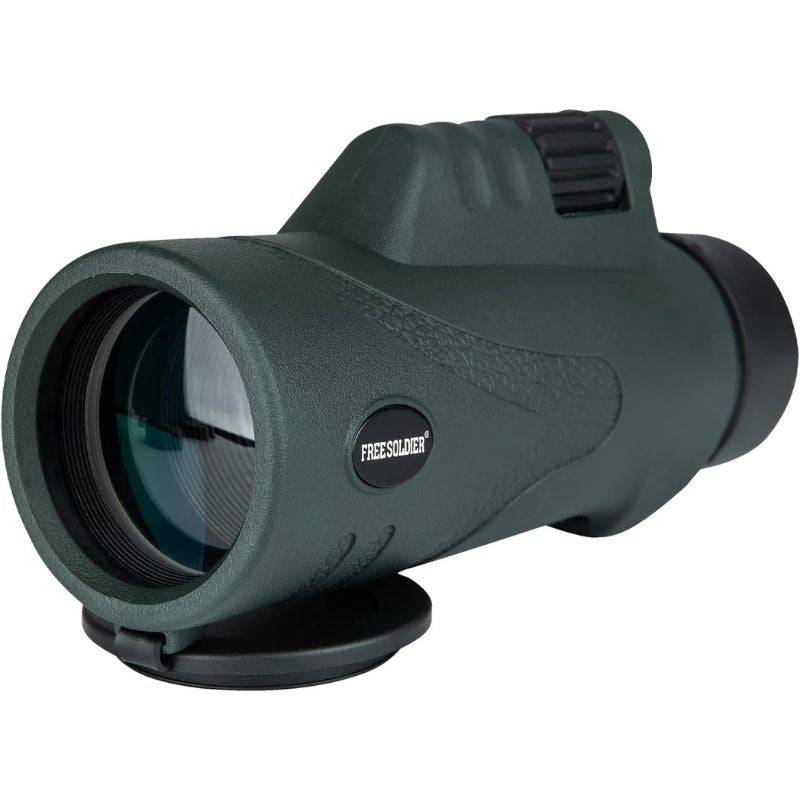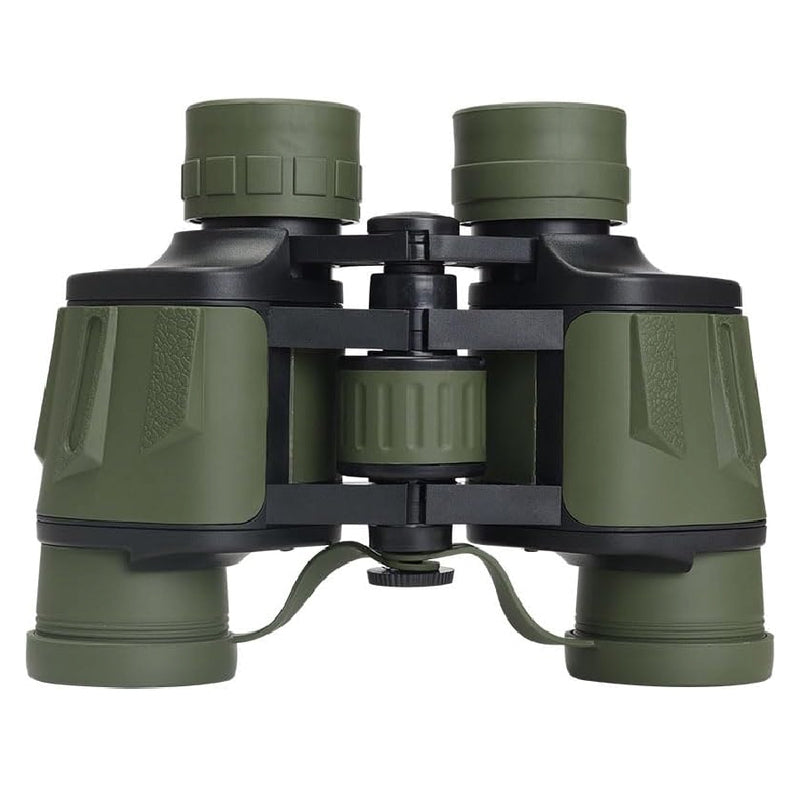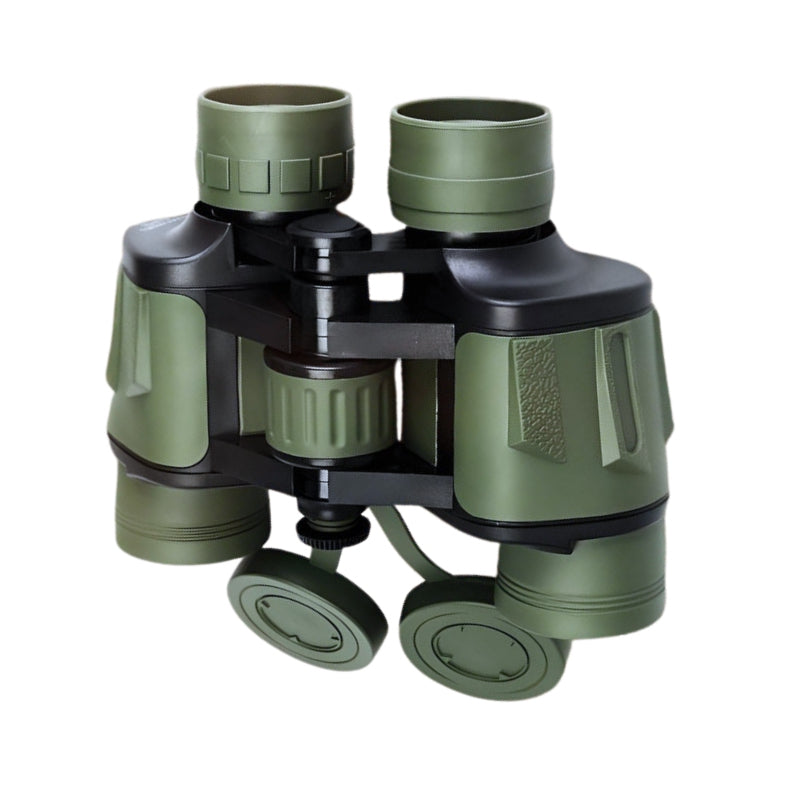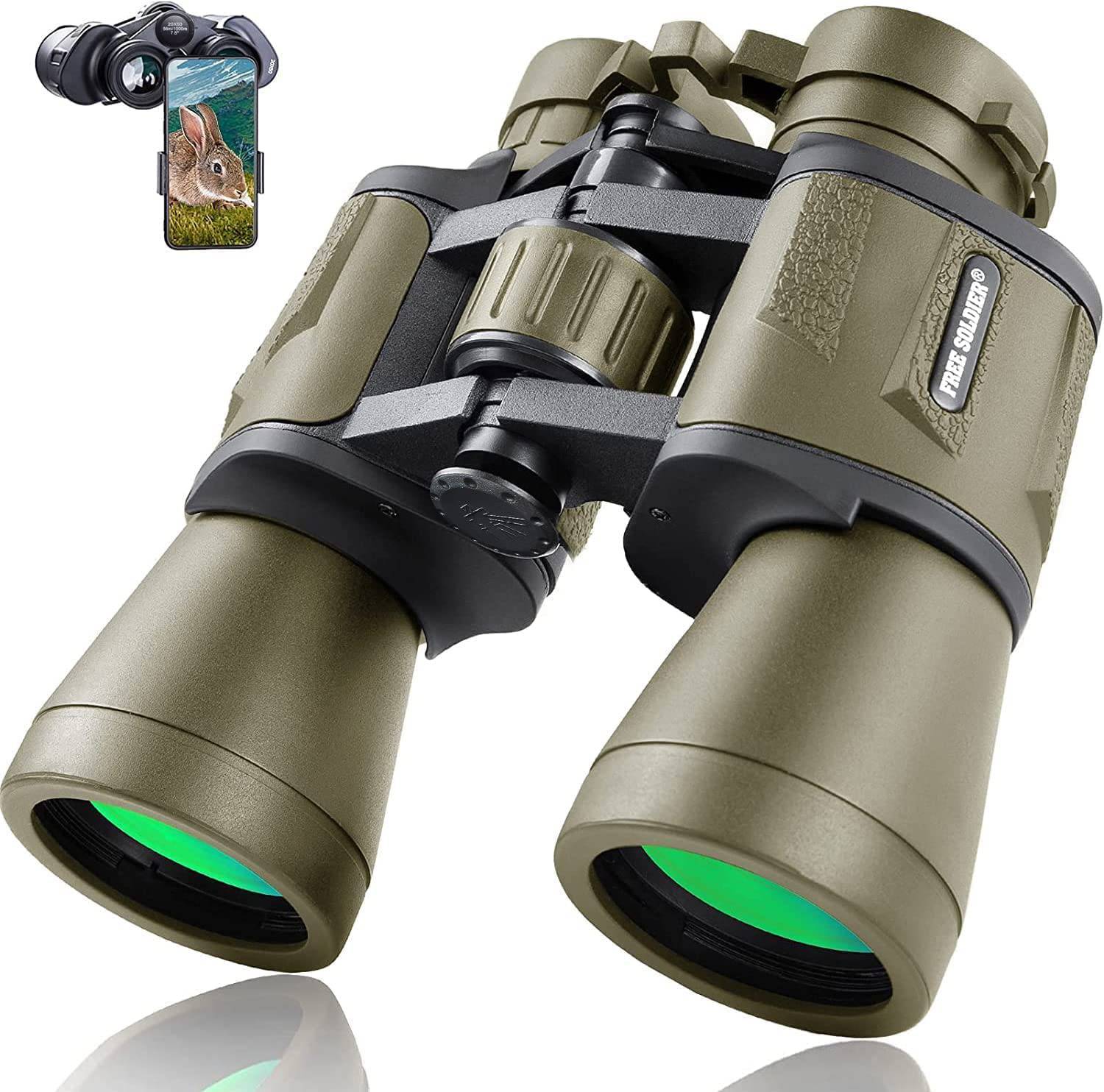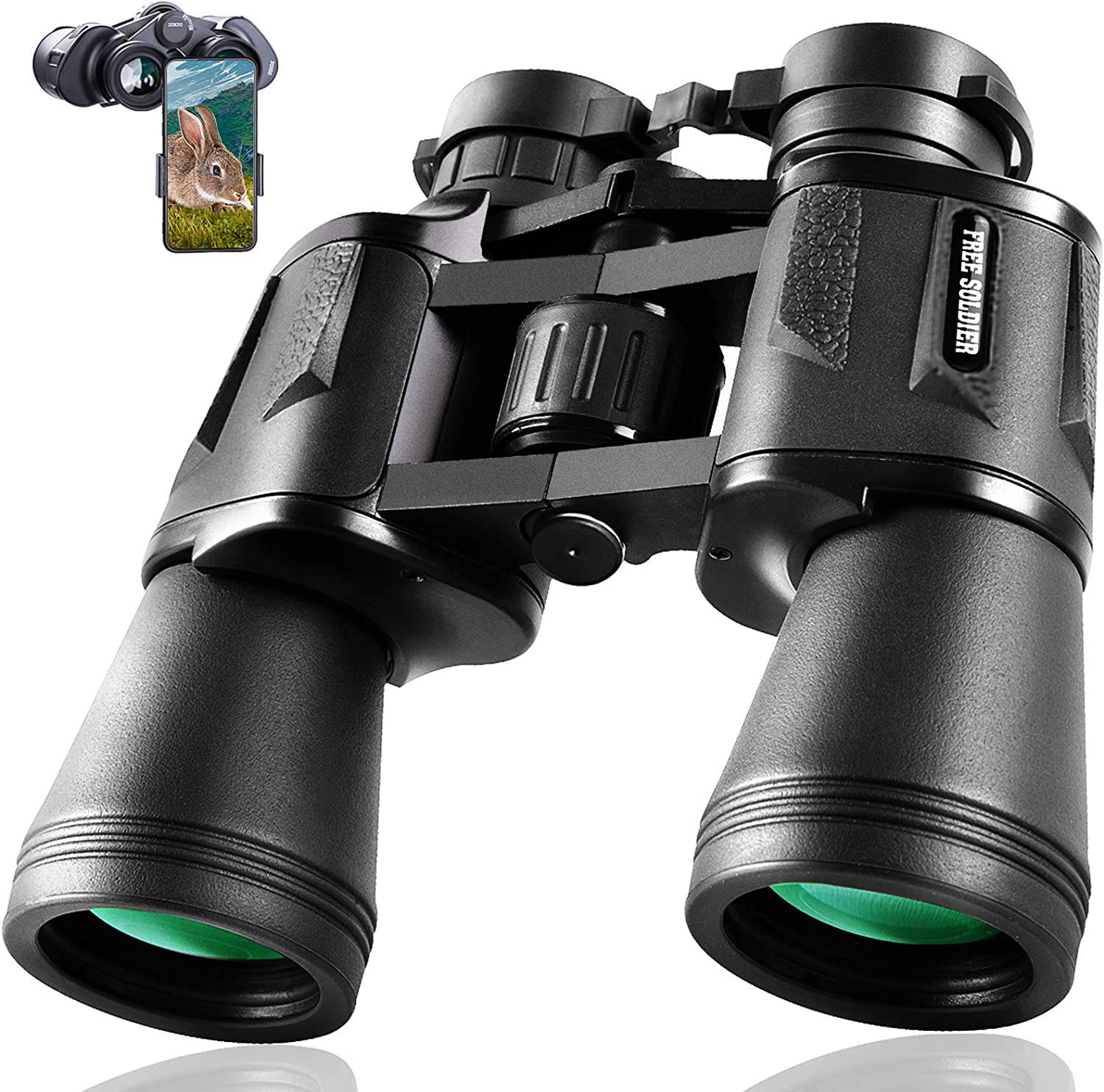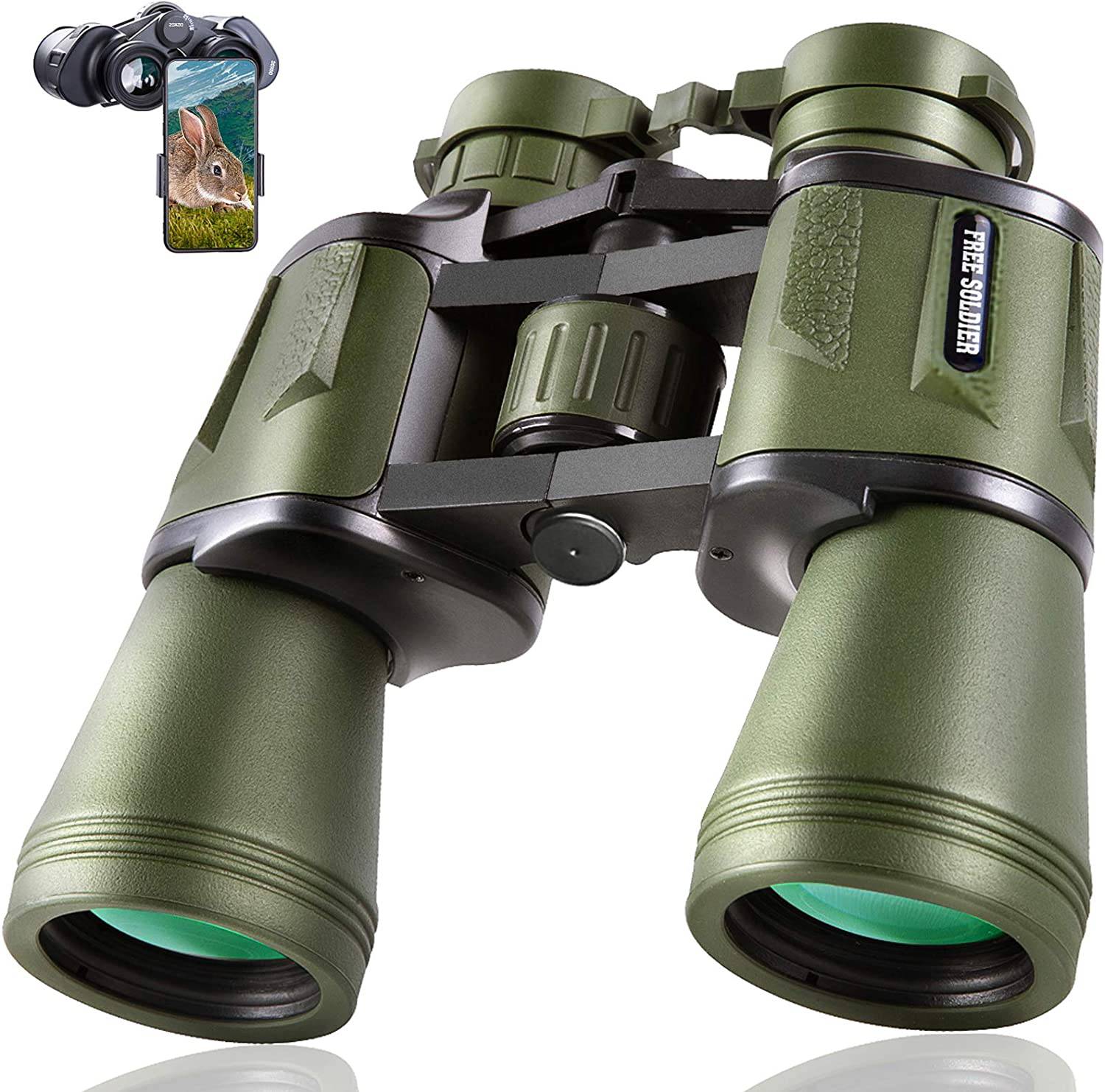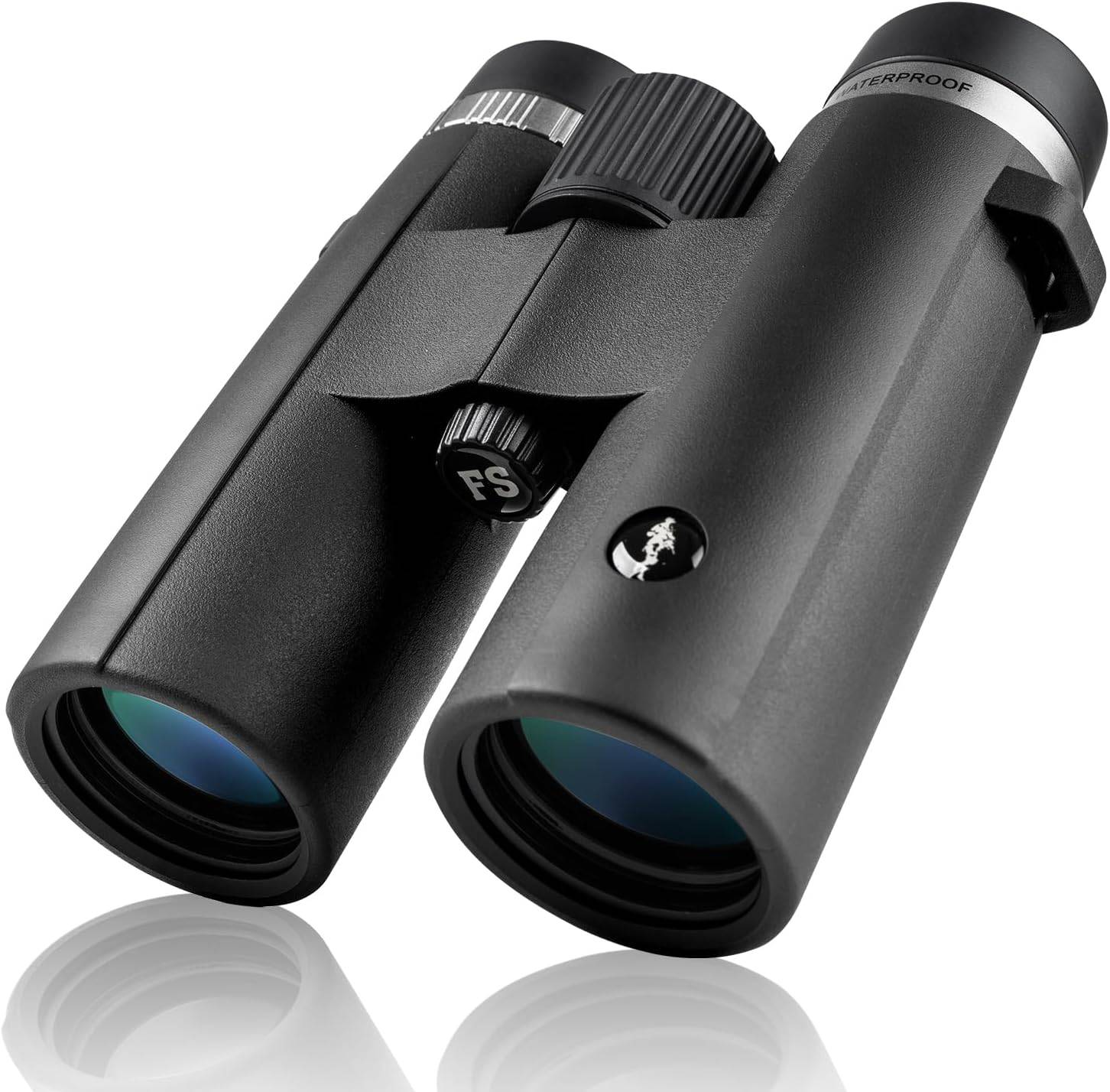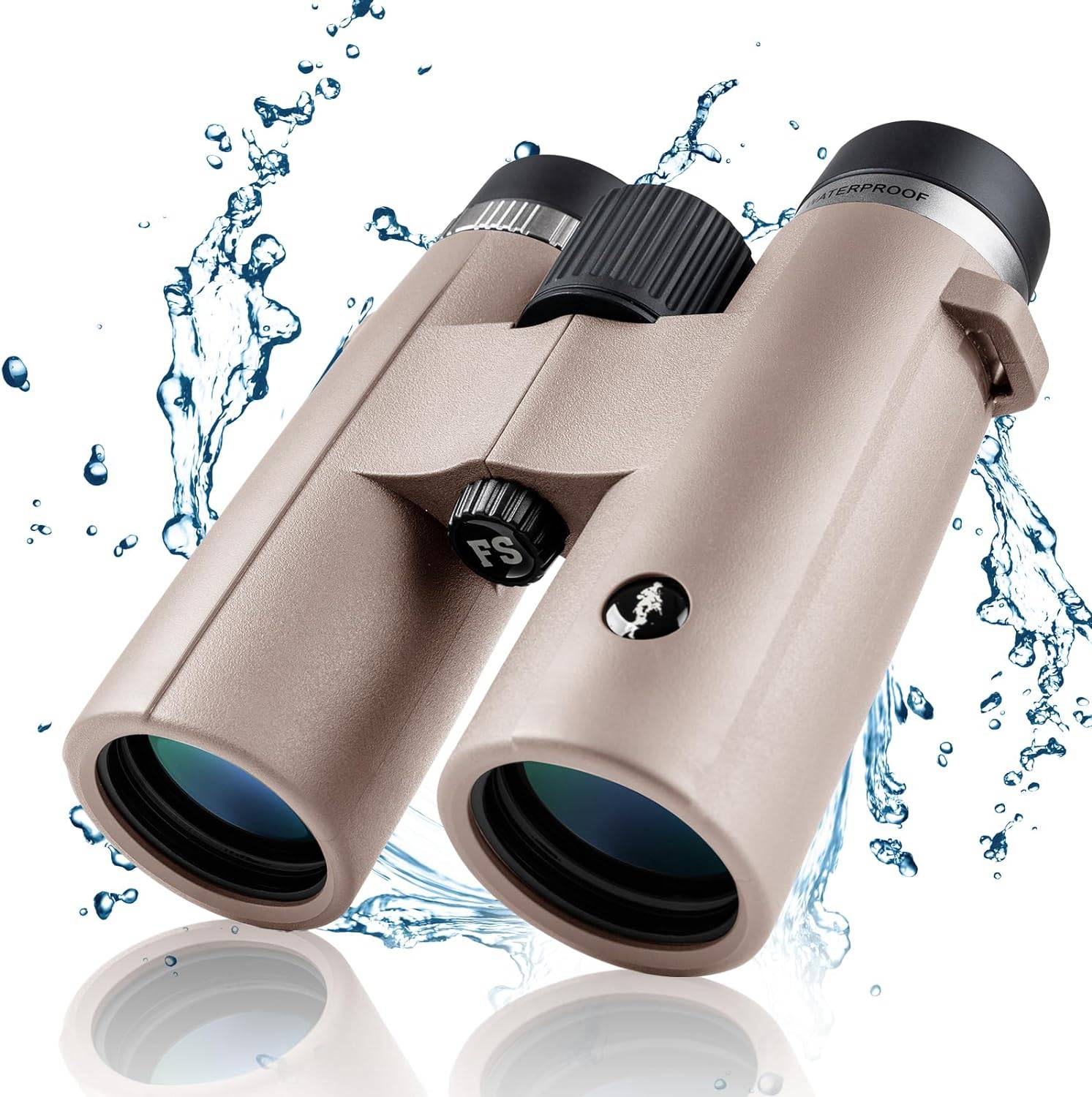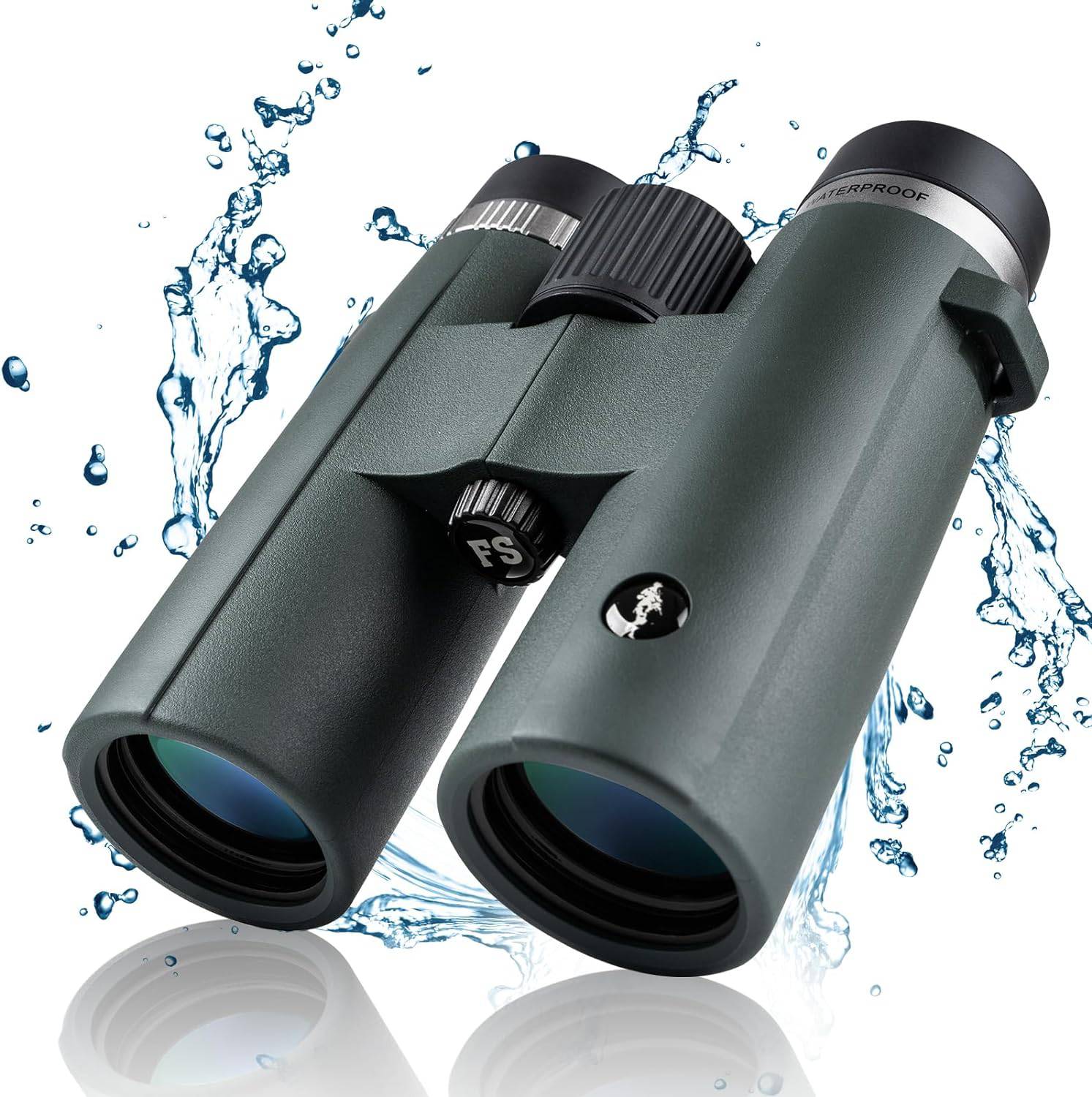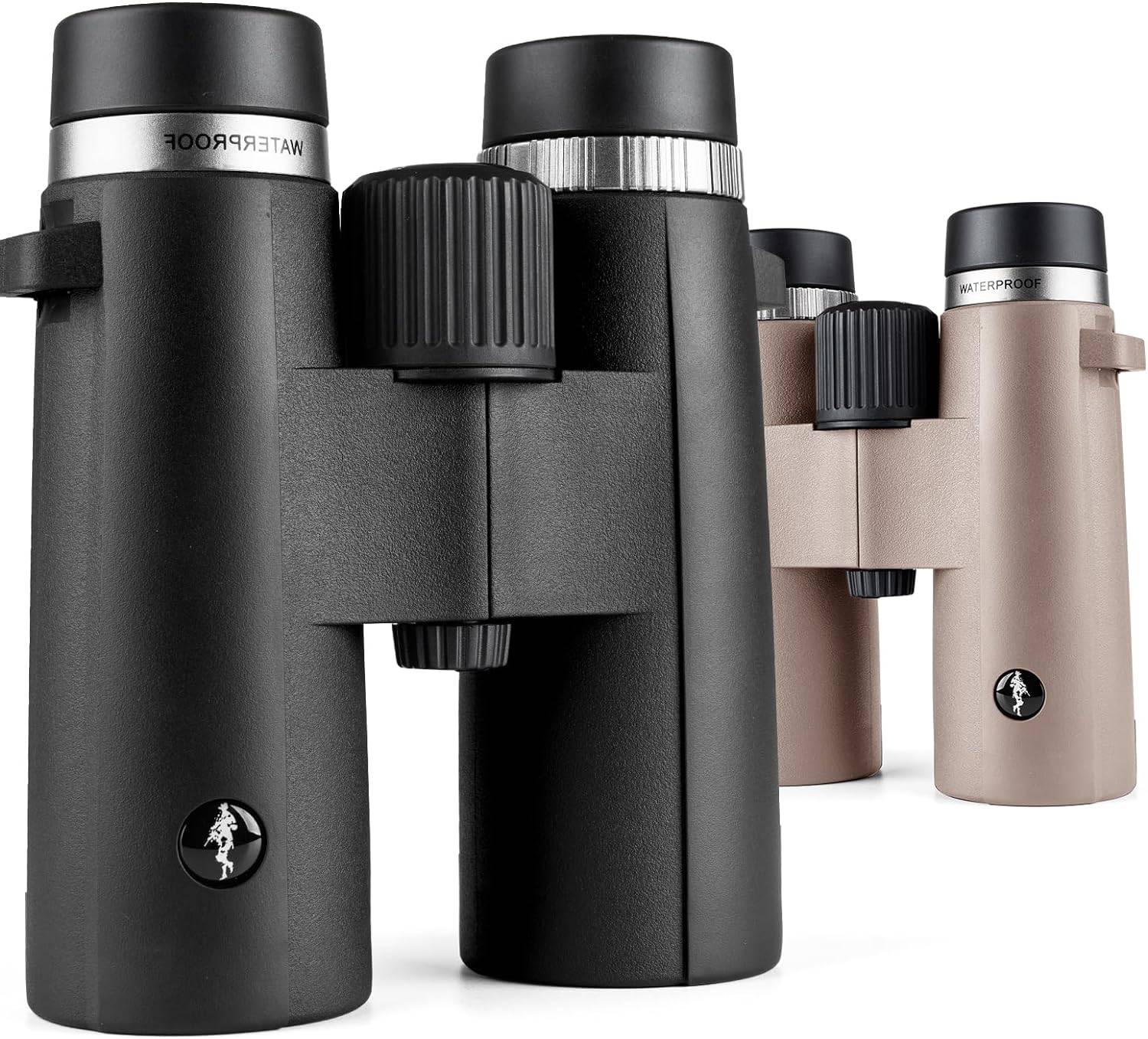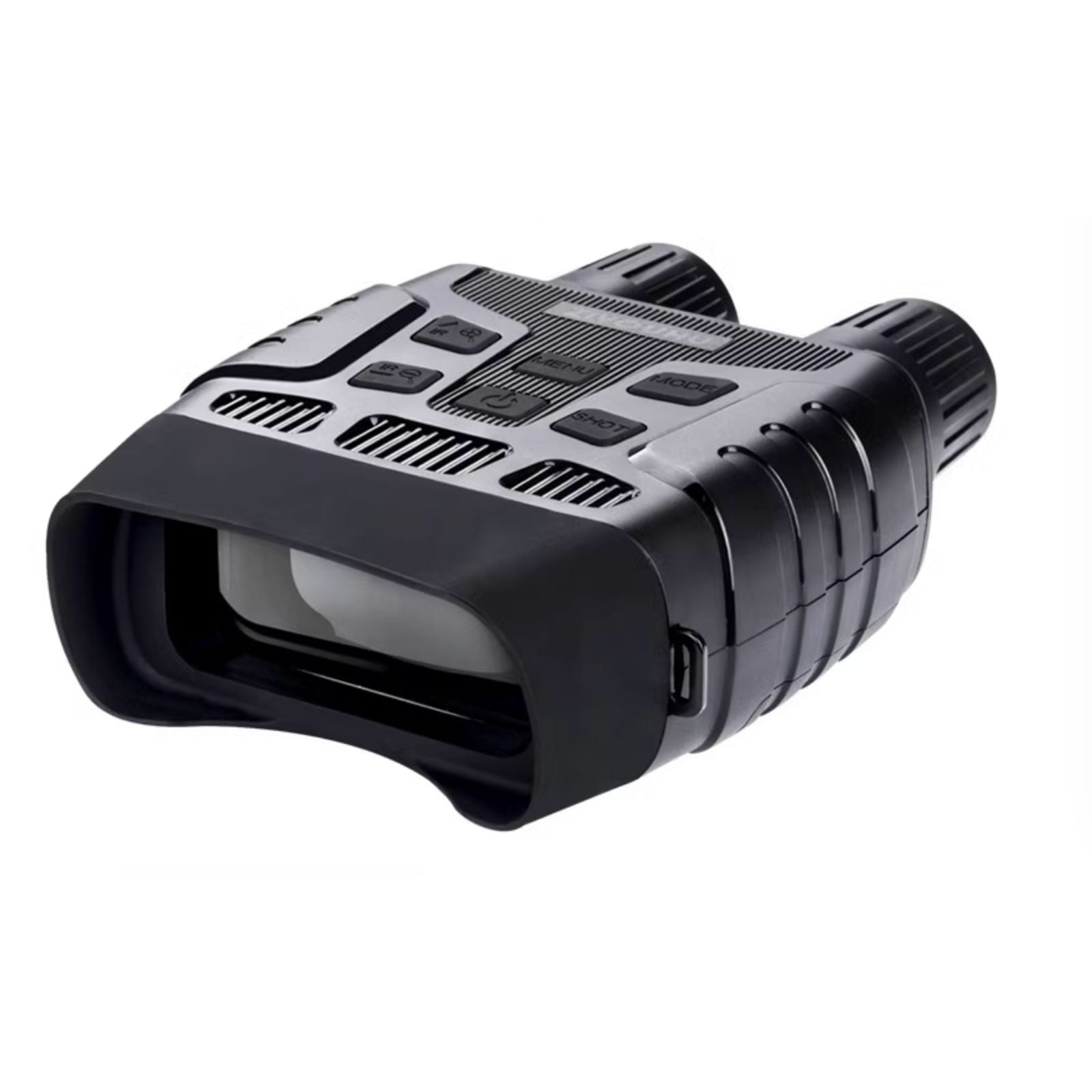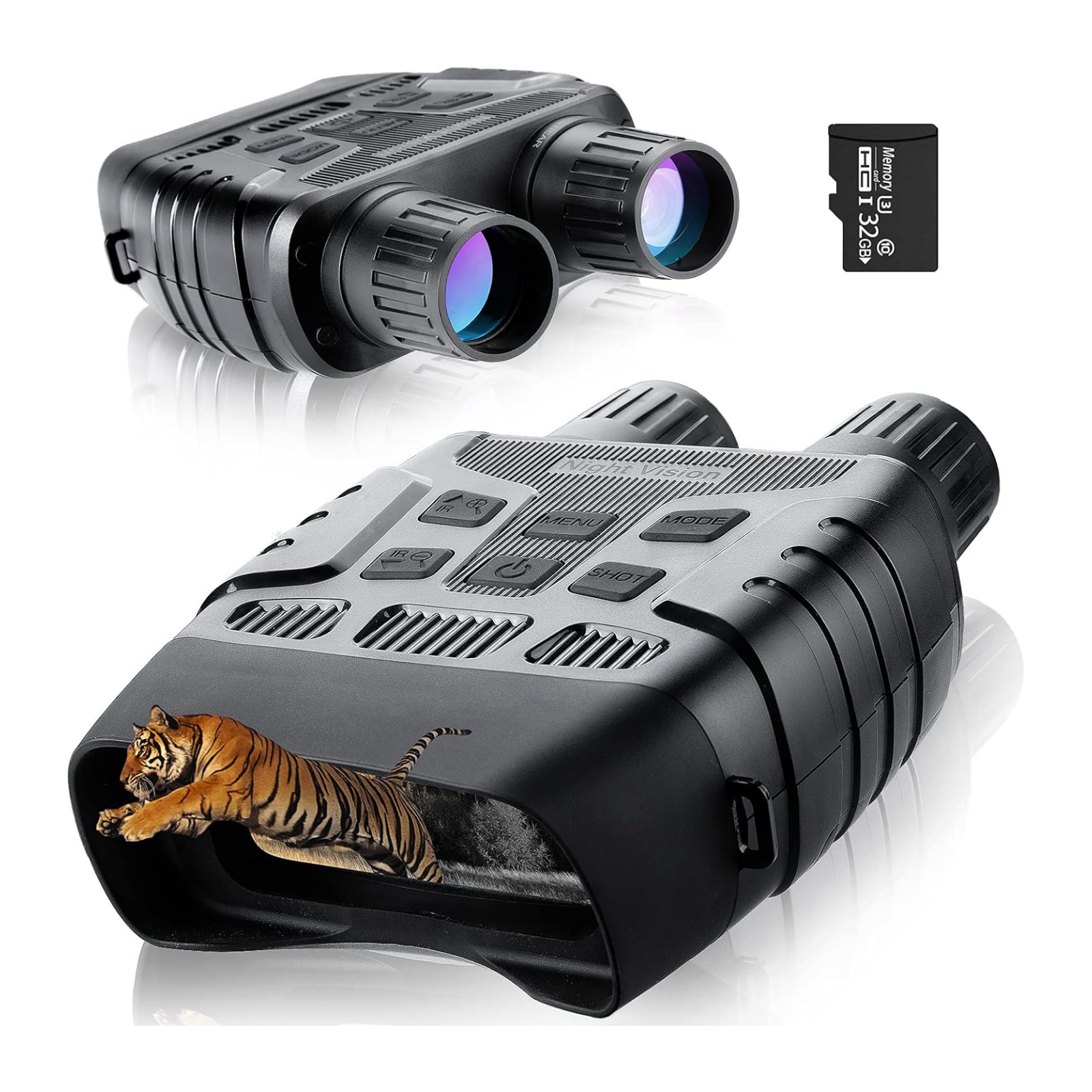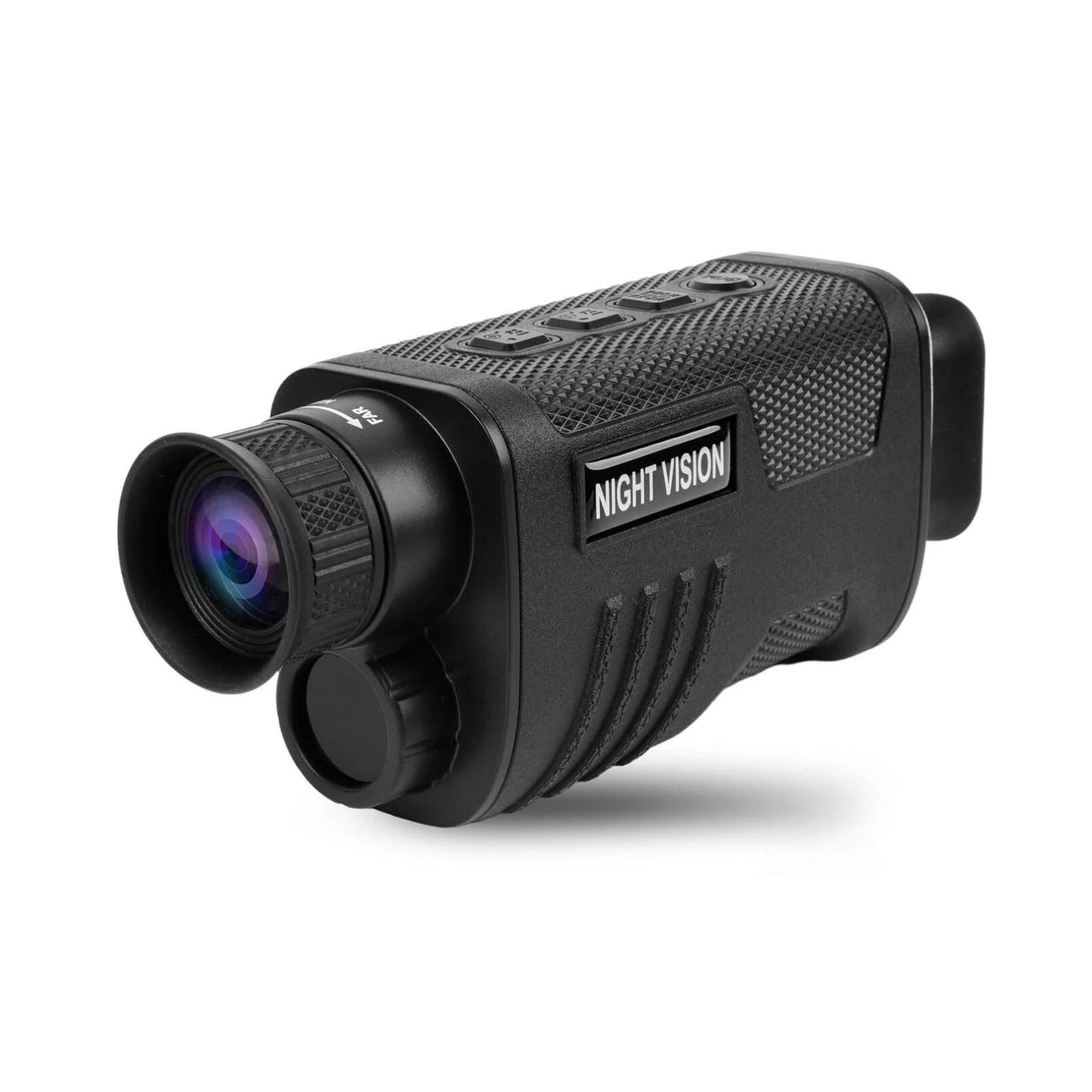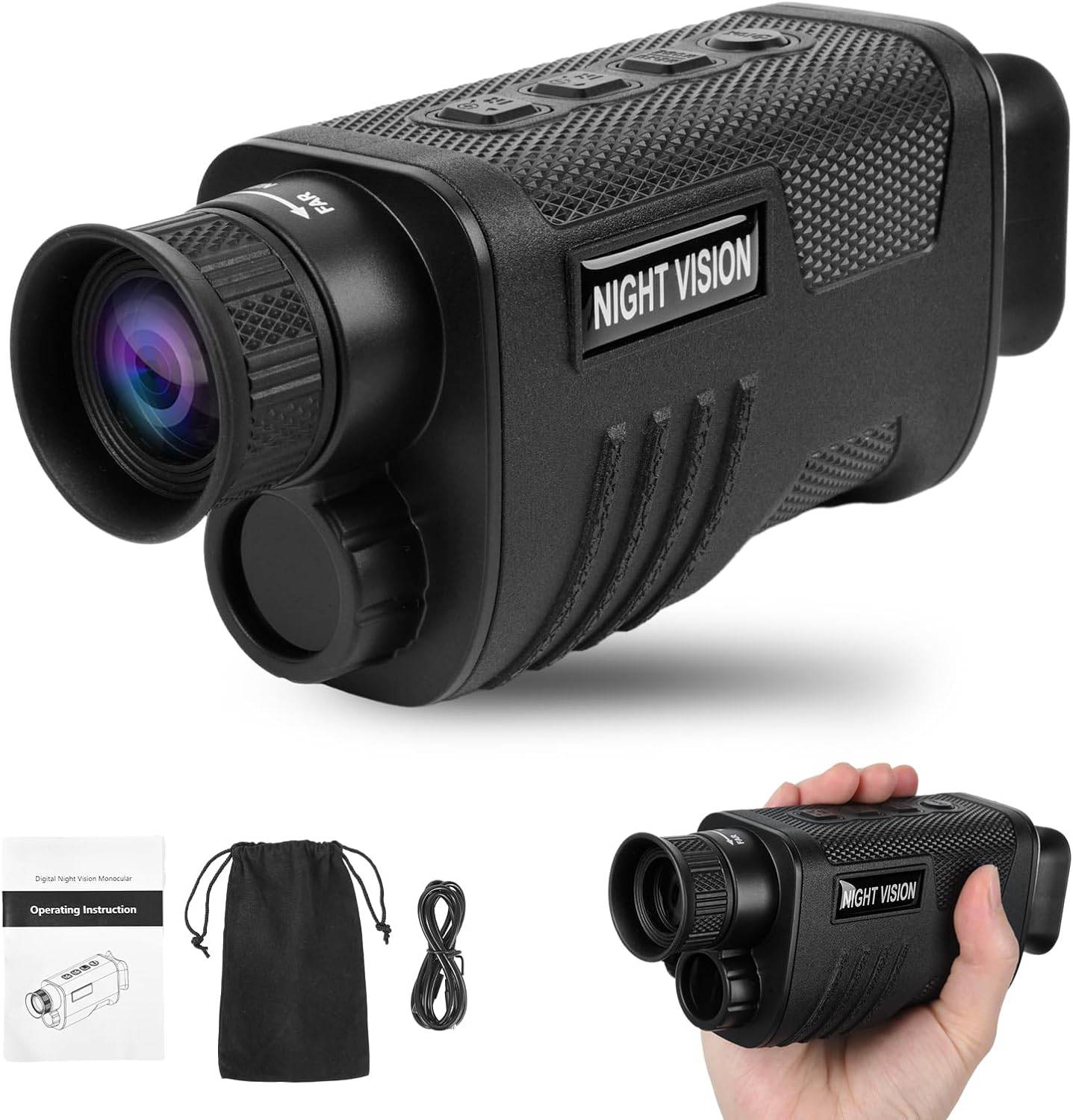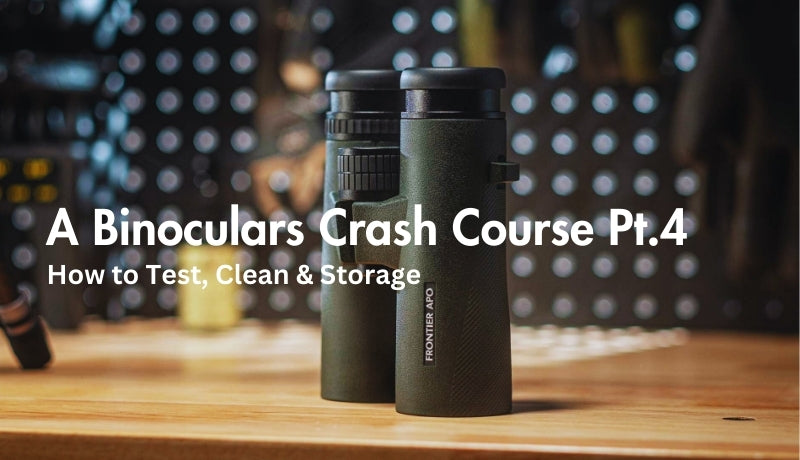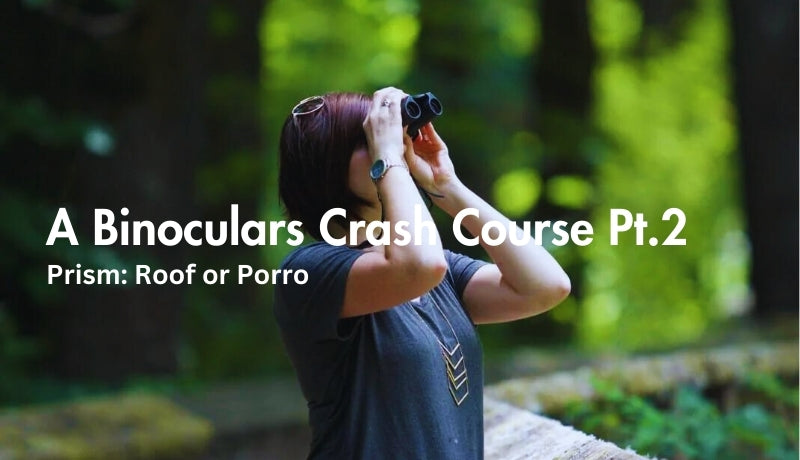Choosing Binocular for Based on Intended Use
The intended use of your binoculars directly influences the features you should look for. For example, birdwatchers need high magnification and a wide field of view to spot distant birds, while stargazers require large aperture lenses to gather more light. By selecting a binocular tailored to your specific needs, you can optimize your viewing experience and ensure you don't miss out on important details.
Astronomy

Astronomy binoculars typically boast larger objective lenses, often measuring 50mm or more, to maximize light gathering in the darkness of night. This increased size can make handheld use challenging, so investing in a sturdy tripod is highly recommended for comfortable and stable viewing. A tripod is especially essential for higher magnifications, as it effectively reduces image shake.
Birdwatching
Selecting the right binoculars for birdwatching hinges on two key factors: aperture and magnification. A larger aperture, typically around 40mm, enhances light gathering ability, providing a wider field of view for easier bird spotting. Magnification, usually between 8x and 12x, determines how closely you can observe birds. For optimal birdwatching, a balanced combination of these features, such as an 12x42 model, often proves ideal.
Hunting
Hunters have diverse preferences when it comes to binoculars. A common choice is an 8-10x magnification with a 50mm aperture, offering a balance of power and portability for general tracking and surveying. Higher magnifications can be advantageous in open terrain for long-range target acquisition, such as a 20x50 model. However, prioritizing lightweight and compact binoculars for increased mobility often necessitates smaller objective lenses, potentially compromising light gathering and image quality.
Spectator

Sports enthusiasts typically prefer binoculars with lower magnification for broader viewing, making it easier to follow fast-paced action. Given the bright conditions at most sporting events, a compact binocular with a moderate aperture is often sufficient. Portability is a key factor, as these binoculars must be easily handled and stored in crowded environments.

